8 Best Foods to Fight Lymphoma Cancer
Mohammad Jewel
01 Sep, 2025
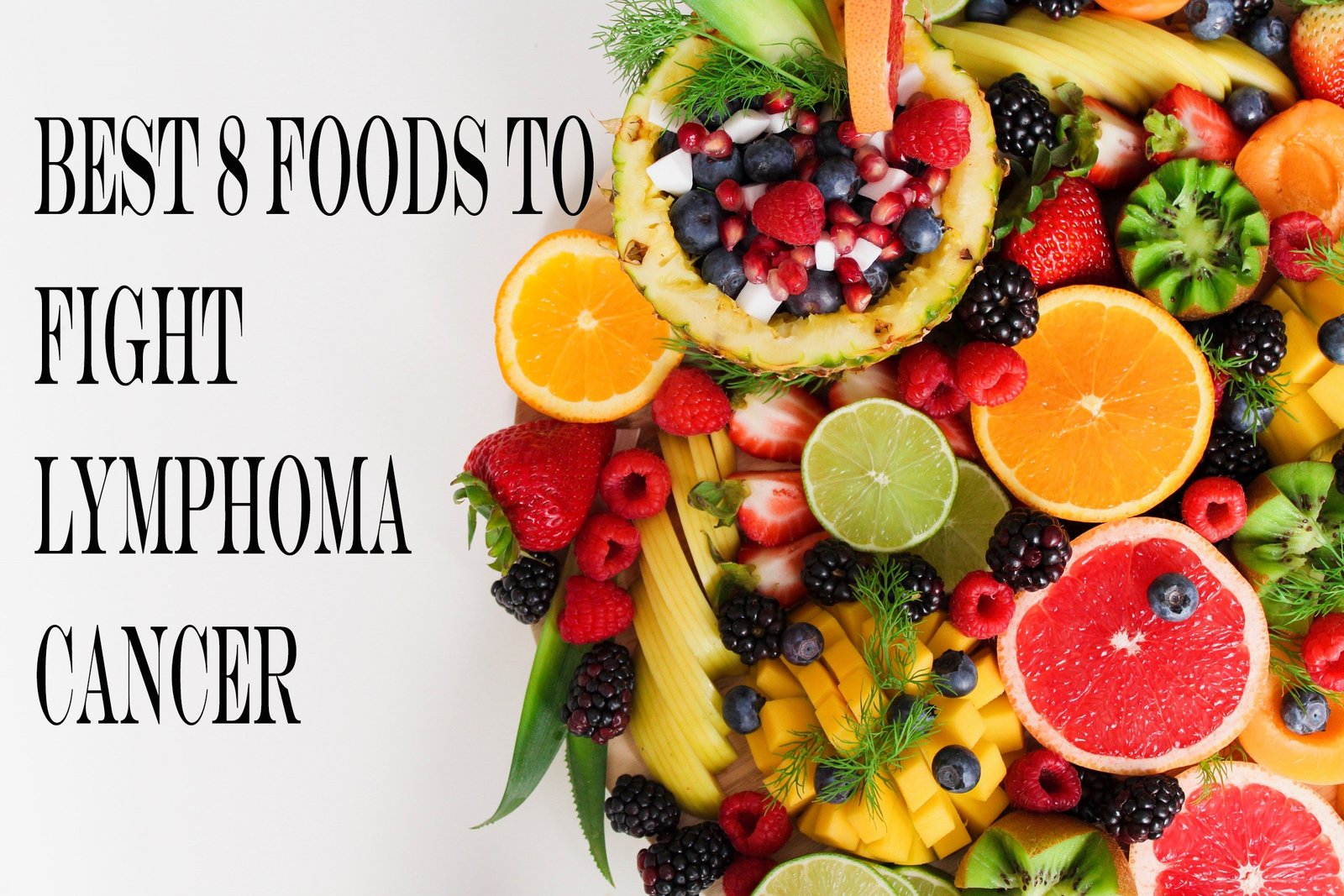
Did you know the right foods can strengthen your immune system and support you during lymphoma cancer treatment? Many everyday fruits and vegetables are rich in antioxidants, vitamins, fiber, omega-3 fats, and other nutrients that help fight free radicals, reduce treatment side effects, and boost overall health.
Along with antioxidants, nutrients like omega-3 fats, dietary fiber, and sulforaphane also play a vital role in boosting immunity and reducing side effects of chemotherapy and radiotherapy.
Nature’s best cancer-fighting foods are easily found in fresh produce sections of grocery stores worldwide.
Want to discover the best foods to fight lymphoma cancer and its symptoms? Keep reading!
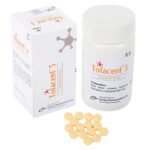
Tofacent Tofacitinib 5 MG
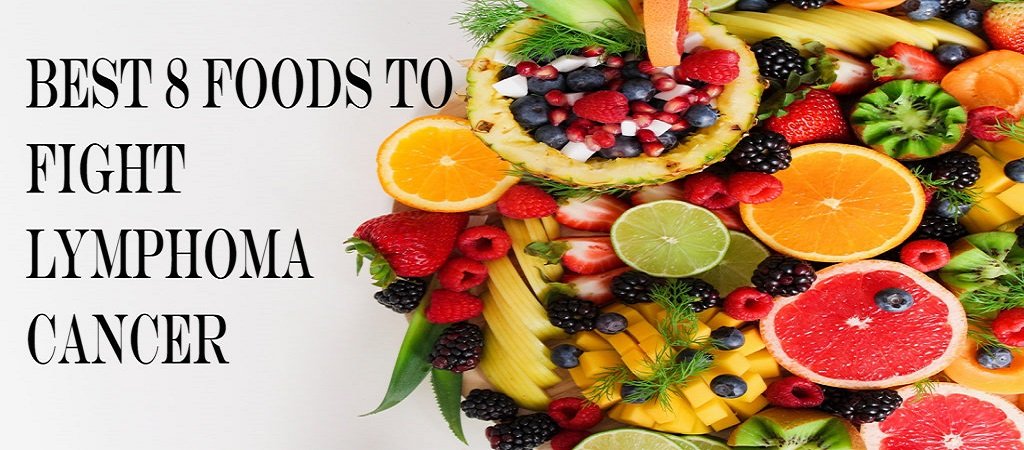
Table of Contents
Buy Now
Apples
You probably have heard of the following adage “eating an apple a day keeps the doctor away.” Well apart from the doctor, it also helps to generate chemicals that fight the formation of cancer cells.
Apples contain an antioxidant called procyanidins. When you consume an apple, this antioxidant causes a series of cell signals which inhibit the formation of cancer cells. Since its rich in dietary fiber too, as it ferments in the colon, it releases chemicals that fight cancer. So, next time you are grocery shopping, don’t forget to add apples in your shopping basket.
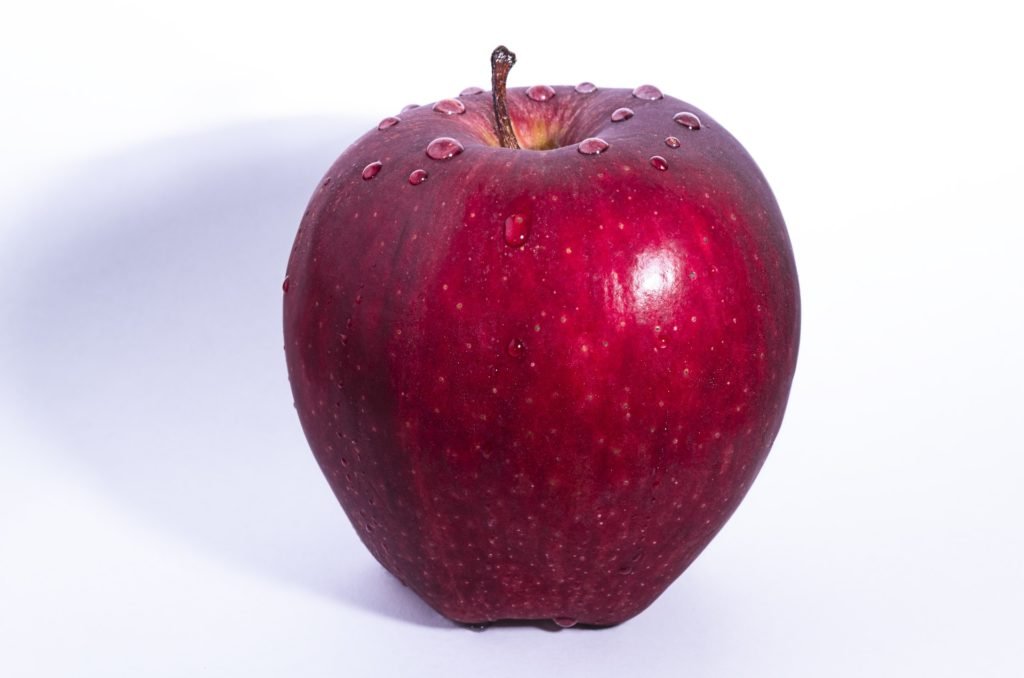
Kale
Kale is a powerhouse green vegetable loaded with cancer-fighting compounds like bioflavonoids, indole, and carotenoids. Indole, in particular, helps reduce the risk of cancer cell growth linked to estrogen while boosting the production of protective compounds against other diseases.
Although kale isn’t naturally sweet like fruits, it’s one of the best foods to fight lymphoma and support overall health. If you’re not a fan of its taste, try flavorful options like an Easy Garlic Kale recipe to make it more enjoyable.
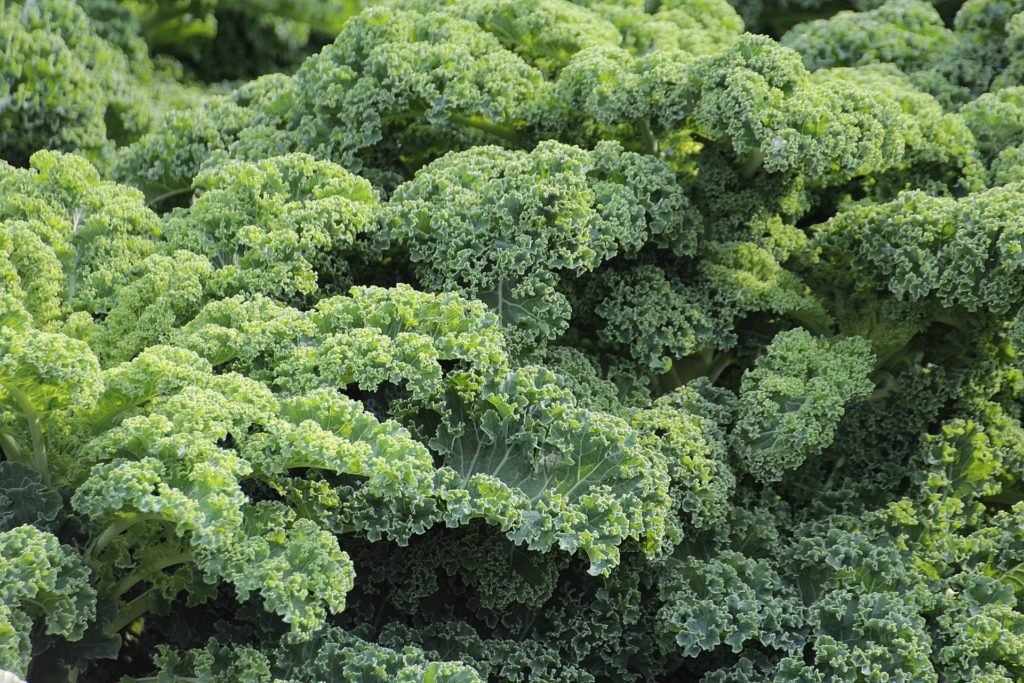
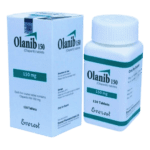
Olanib (Olaparib) 150 MG
Garlic
Speaking of garlic, it is rich in sulfur compounds. This means consuming garlic helps to stimulate your immune systems in defense against cancer. According to a 2015 study, garlic is a favorite vegetable that helps to decrease the risk of cancer. Popularly used in the preparation of different cuisines, garlic helps to fight cancers of the gastrointestinal tract.
Basically, the sulfur compounds in garlic affect the many biological processes known to modify cancer risk.
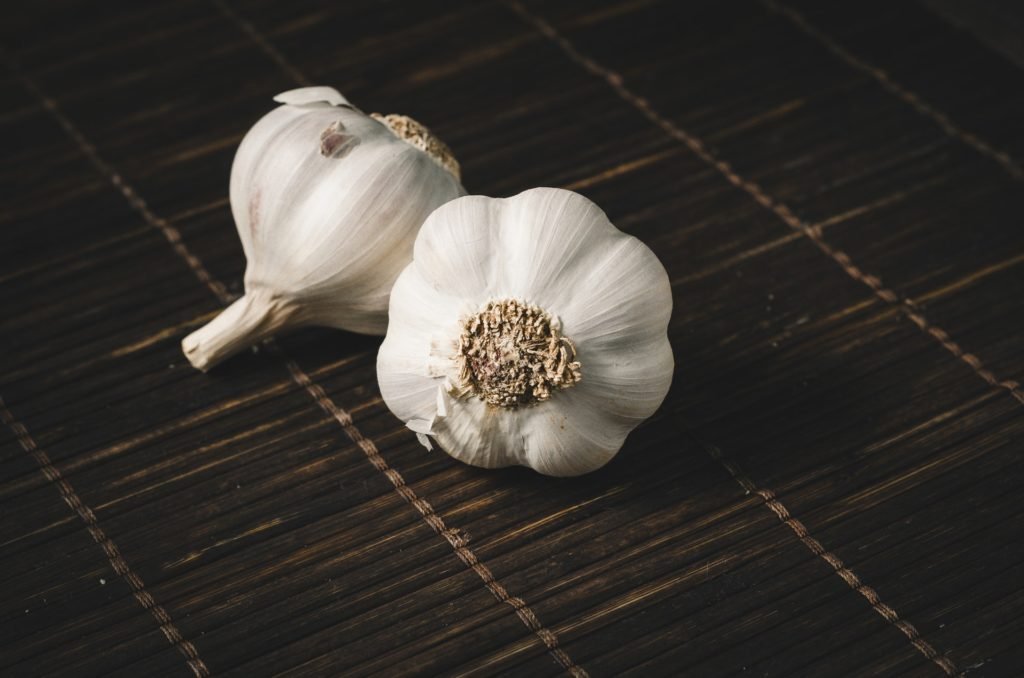
Salmon
Fish is rich in omega 3 fats, protein, and other nutrients. Studies have shown that consuming higher fat fishes such as salmon can help to fight cancer formation especially blood cancer. For instance, non-Hodgkin’s lymphoma and leukemia among others. Also, it helps to improve heart health.
Omega 3 fats contain the following compounds eicosapentaenoic and docosahexaenoic. Lab studies show that these compounds help to cut down on inflammation which helps in preventing the formation of cancer.
Experts recommend that one should consume at least 4 servings of fish every week.
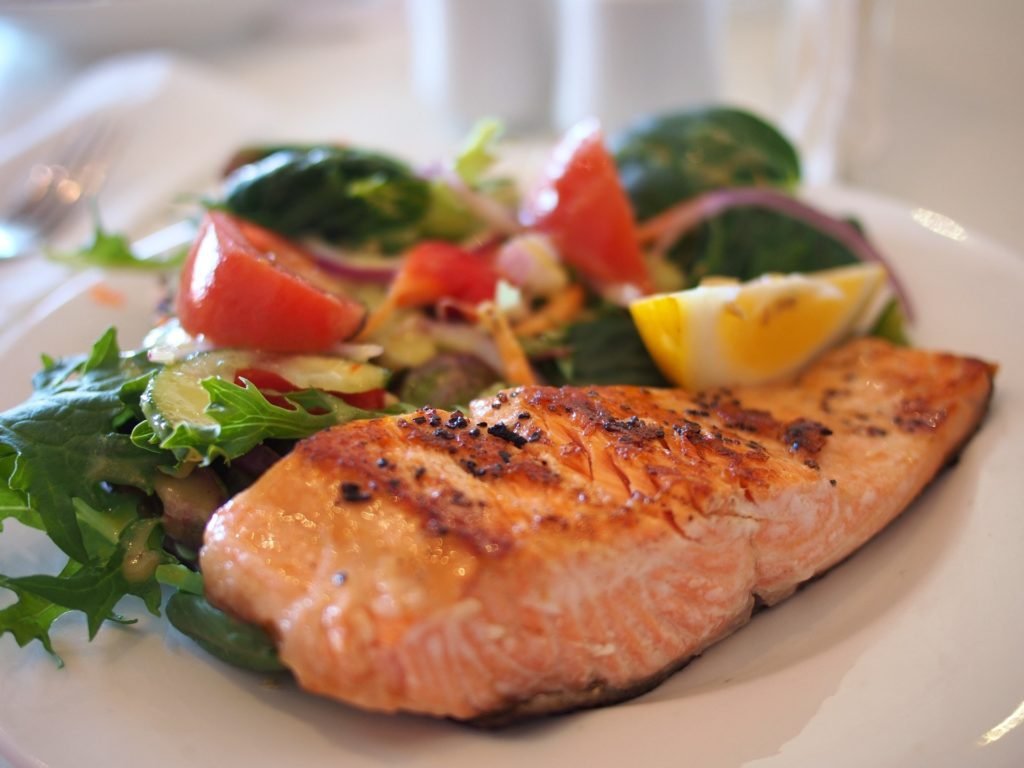

Osicent 80 MG (Osimertinib)
Broccoli
As a superfood and an edible green plant, broccoli has a large flowering head eaten as a vegetable. Derived from the Italian word “broccolo” meaning the flowering part of a vegetable specifically cabbage, broccoli is rich in cancer-preventing compounds.
According to a Spanish study, how people cook broccoli can prevent or eliminate the cancer-preventing compounds. If you microwave broccoli, 97% of the useful compounds will be removed. To preserve the cancer-protective flavonoids, one must steam, or boil broccoli. Actually, the best method is steaming.
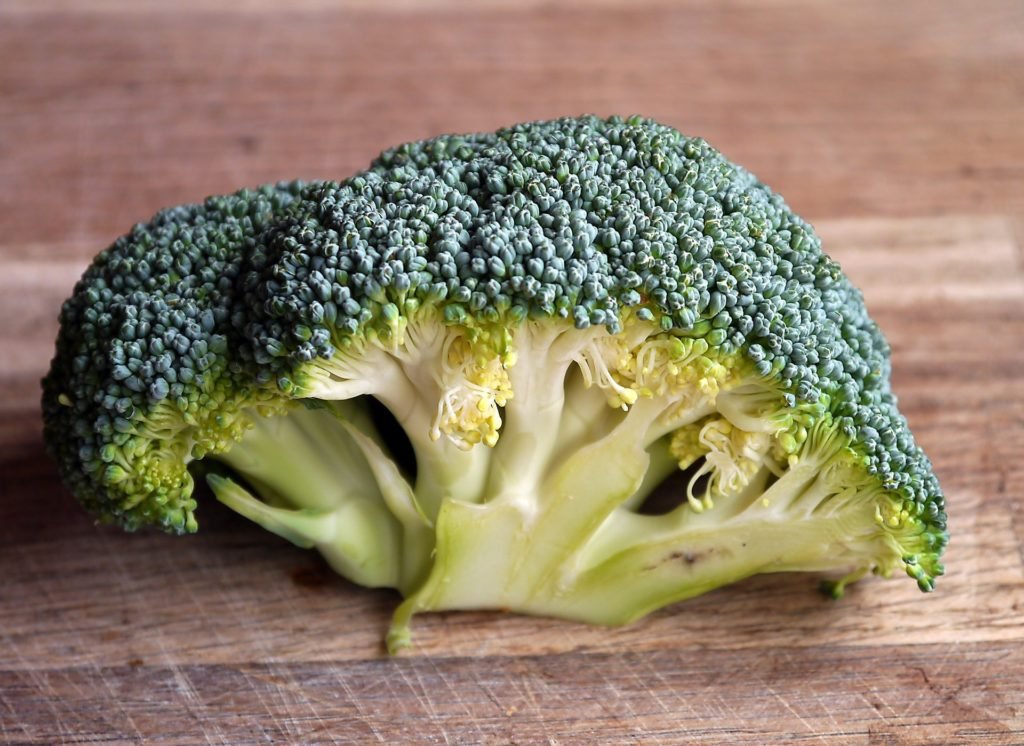
Ginger
Did you know that ginger is 10,000 times more powerful than chemotherapy? According to a 2015 study, ginger contains a pungent compound called 6-shogaol. This compound is what makes ginger to be an effective solution that can kill the root cause of cancer especially breast cancer.
The compound above, 6-shagoal, targets breast cancer cells by reducing CD44/CD24 cancer stem cell markers. Also, it works by affecting the cell cycle. This helps to increase cancer cell death.
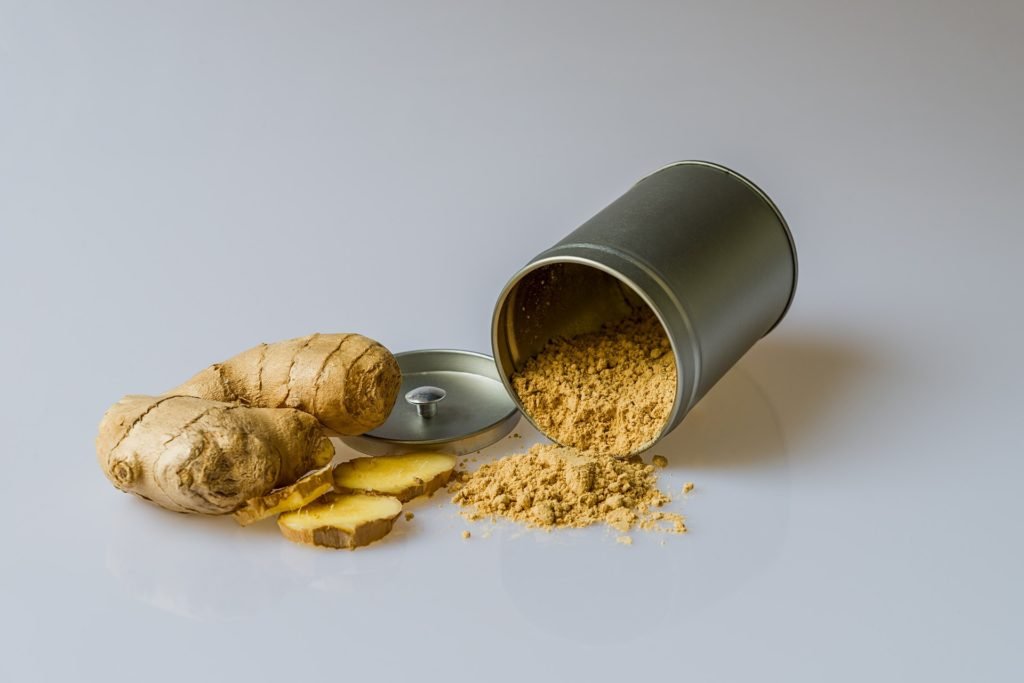
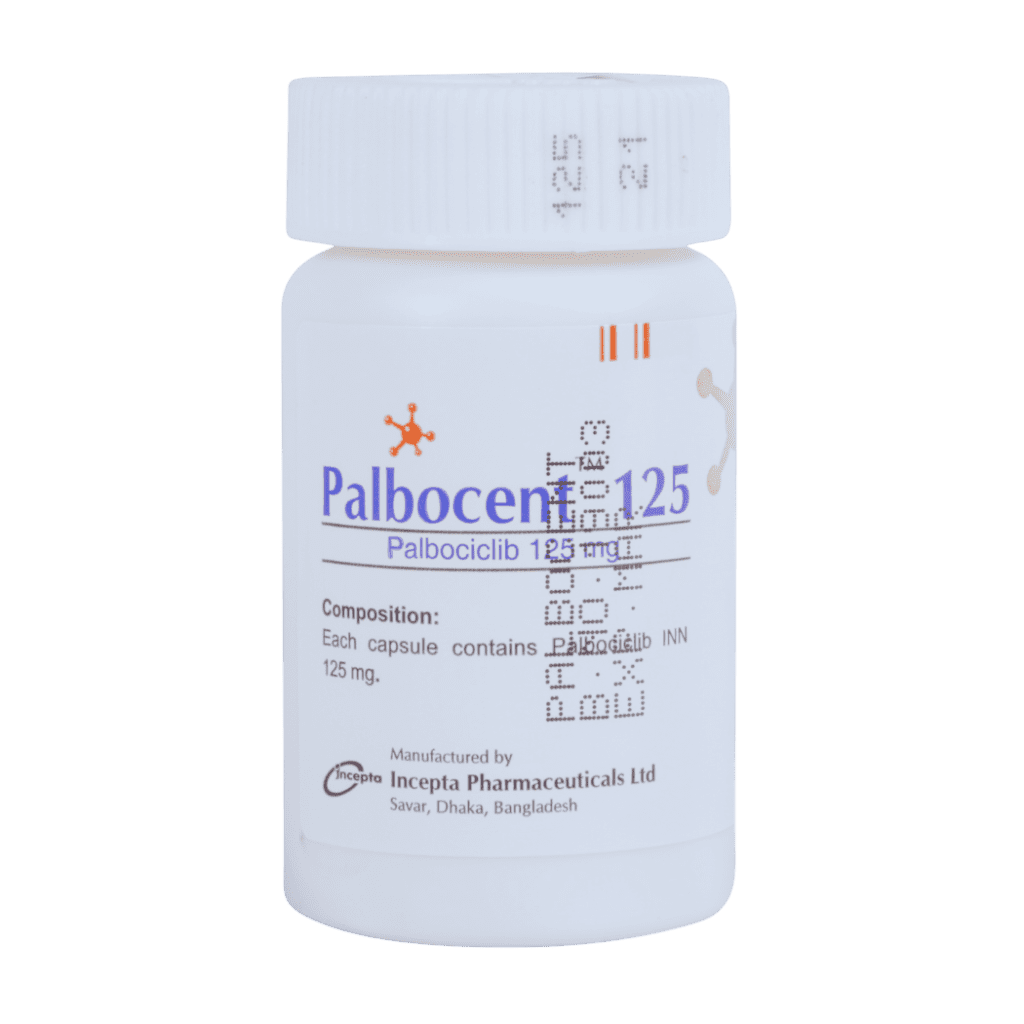
Palbocent 125 MG | Palbociclib
Grapes
Grapes are rich in ellagic acid, a compound that protects the lungs from toxins. The skin of red grapes is rich in phytochemicals specifically resveratrol. This compound has been found to be beneficial in reducing cancer, heart disease, and stroke.
As you already know, cancer is brought about by a number of factors such as viruses, exposure to toxins(environmental), lack of activity and high-stress levels among others. By eating grapes daily, your body will benefit from resveratrol.

Artichokes
When preparing meals, not many people include artichoke. What they don’t know is that artichokes are rich in nutritional value. Not only that, they can prevent cancer. Artichoke is rich in minerals and nutrients such as phytochemicals. These vital nutrients have the ability to protect against health conditions such as cancer and even liver problems.
According to research conducted at the Comenius University in Slovakia, artichoke leaf extract is rich in antioxidants specifically phytochemicals. To prevent cancer, the antioxidant promotes slow cancer cell growth and also induces apoptosis (cell death).
Now that we have covered foods that fight lymphoma cancer, let’s take a look at foods you should avoid when you have lymphoma cancer. As said earlier, cancer treatment can leave you with a weak immune system. To gain your strength, you might opt out of eating foods that you consider as your favorite. What you may not know is that such foods don’t contain any nutritional value. Besides, they may be contaminated. So, no matter how tasty the food sounds, its best to avoid them.
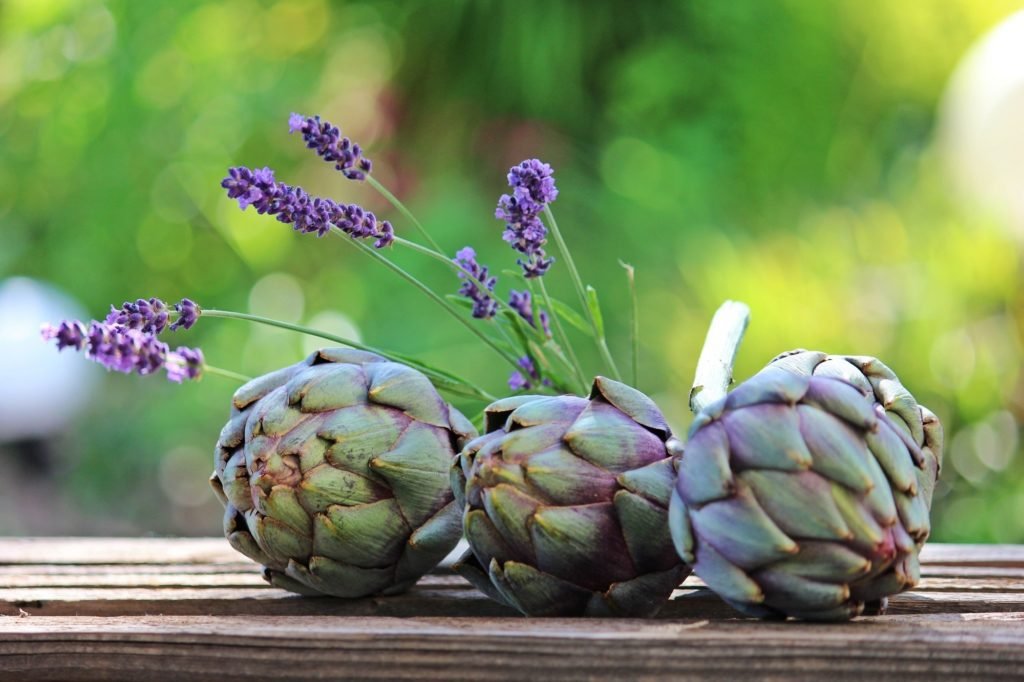
So, what foods should you avoid if you have lymphoma cancer?
When discussing the best foods to fight lymphoma, it’s equally important to highlight the foods you should avoid. A strong immune system plays a vital role during treatment, but certain foods can do more harm than good. Since chemotherapy and radiotherapy weaken immunity, eating the wrong foods may increase the risk of infections or slow down recovery.
- Raw milk and related products
- Smoked fish
- Undercooked meat such as beef, fish, and poultry
- Undercooked seafood – may contain hepatitis A virus
- Sashimi and sushi
- Raw and undercooked eggs
- Uncooked salami
- Blue-veined cheese, brie, feta, camembert, and goat cheese among others
- Deli-prepared foods and others
Foods that are highly processed, fried, or loaded with sugar offer little to no nutritional value. Instead of strengthening your body, they can contribute to fatigue, weight gain, and inflammation—making it harder for your body to heal. To truly benefit from the best foods to fight lymphoma, it’s best to stay away from junk food and opt for nutrient-rich alternatives.
Contaminated or undercooked foods are another risk to watch out for. With a weakened immune system, even minor foodborne bacteria can cause serious infections. That’s why patients are often advised to avoid raw seafood, unpasteurized dairy, and poorly washed produce. Sticking to clean, well-cooked meals ensures your body receives safe and effective nourishment.
By avoiding harmful foods and focusing on the best foods to fight lymphoma, you give your body the best chance to stay strong, reduce side effects, and improve overall well-being throughout treatment.
There you have it. The best foods to fight lymphoma cancer and the ones you should avoid. The next step is simple: add these powerful, nutrient-rich options to your grocery list and start making them part of your daily meals.
When it comes to preparation, how you cook matters. Steaming and boiling are the healthiest methods, as they help preserve the vitamins, minerals, and antioxidants your body needs to fight cancer cells. Fruits and some vegetables can also be eaten raw to maximize their nutritional value.
Try to avoid cooking methods like deep frying or excessive microwaving, as they can strip away the very nutrients that make these foods effective against lymphoma. Choosing the right foods—and preparing them the right way—can make a meaningful difference in supporting your health during treatment.
Don’t forget to consult your doctor.

